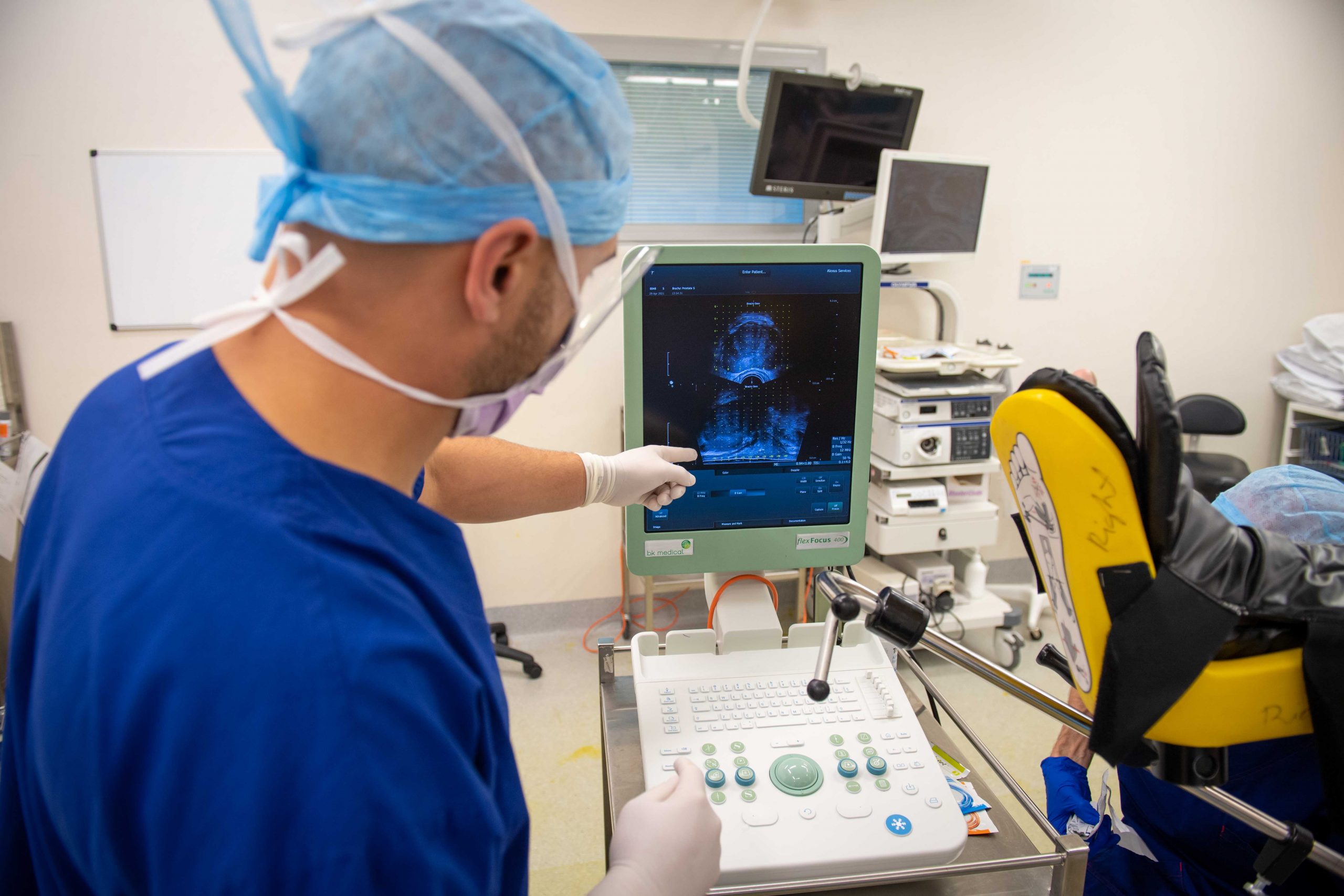
If you or someone you know has recently been diagnosed with prostate cancer, then you might be wondering about – or indeed have some anxiety around – prostate cancer life expectancy.
Prostate cancer life expectancy…
If you or someone you know has recently been diagnosed with prostate cancer, then you might be wondering about – or indeed have some anxiety around – prostate cancer life expectancy.
We should begin this blog by noting that most men who are diagnosed with prostate cancer will not die from the disease.
Even so, prostate cancer remains an important health issue amongst Australian men. An insight into prostate cancer life expectancy is thus vital to make important decisions around treatment and care.
Today’s blog will take a look at the different factors that impact prostate cancer life expectancy, the survival rates by cancer stage, treatment methods and lifestyle considerations among others.
Prostate Cancer Video
What is prostate cancer?
So, what is prostate cancer? It’s just what it sounds like: a cancer that has developed in the prostate, a small gland found only in men which produces seminal fluid.
Prostate cancer has different forms:
- Localised, or confined to the prostate
- Locally advanced, in nearby tissues
- Metastatic, which means it’s spread elsewhere in the body.
Stages of prostate cancer and how this affects prostate cancer life expectancy.
Prostate cancer life expectancy is affected by the stage of the cancer. Prostate cancer is categorised into stages based on how far it has spread:
- Stage I: Cancer is confined to a small area of the prostate.
- Stage II: Cancer is more advanced but still confined to the prostate.
- Stage III: Cancer has spread outside the capsule of the prostate.
- Stage IV: Cancer has spread to nearby structures and/or distant parts of the body.
Early diagnosis significantly affects prostate cancer life expectancy.
The stage of cancer at the time of diagnosis significantly affects prostate cancer life expectancy. Early detection and treatment can significantly improve a man’s chances of survival. Diagnostic methods for prostate cancer include the PSA (prostate-specific antigen) blood test, clinical examination and MRI-fusion transperineal biopsy.
Factors influencing prostate cancer life expectancy.
Several factors will influence prostate cancer life expectancy in a man. These factors include:
- Gleason Score and Tumor Grade; Higher Gleason scores indicates more aggressive cancer and is the most important factor in determining prognosis
- The man’s age at the time of diagnosis
- The overall health of the man; Pre-existing health conditions can impact treatment options and outcomes
- PSA level; In some cases, higher PSA levels can be associated with more advanced disease.
Early detection and treatment significantly improve survival rates and prostate cancer life expectancy.
Treatment options and their impact on prostate cancer life expectancy.
Your urologist will be able to offer different treatment options based on your individual circumstances, the stage and aggressiveness of the cancer:
- Active Surveillance: This involves monitoring low-risk cancer closely with regular PSA testing, surveillance MRI and repeat prostate biopsy. Low risk cancer has an excellent life expectancy.
- Surgery (Robotic-assisted Radical Prostatectomy): Removing the prostate surgically can be curative in early stage cancers, significantly improving prostate cancer life expectancy
- Radiation Therapy: This option may be effective for localised and some locally advanced cancers, with good survival rates, similar to surgery
- Hormone Therapy: This is sometimes offered in cases of advanced prostate cancer, to slow its progression and manage the symptoms, impacting life expectancy positively.
- Chemotherapy and Targeted Therapies: These are often used for metastatic cancers to improve quality of life and extend survival.
Prostate cancer life expectancy and prognosis with lifestyle influences.
Lifestyle choices can affect the prognosis of cancer in general and overall life expectancy. These may include:
- Diet and Nutrition: A healthy, balanced diet that is rich in fruits, vegetables, and low in red meat
- Physical Activity: Regular exercise boosts overall health and may improve cancer prognosis
- Smoking and Alcohol Use: Avoiding smoking and limiting alcohol can improve life expectancy and reduce overall cancer risk.
- Mental Health and Support Networks: Psychological well-being and strong support networks are often just as important as the physical factors in improving quality of life in men with prostate cancer.
Prostate cancer life expectancy and living with prostate cancer.
For many men diagnosed with prostate cancer, living with their diagnosis involves managing treatment side effects and maintaining quality of life. This means making quality of life considerations when it comes to balancing treatment efficacy with any potential side effects. Your urologist, prostate cancer nurse, and support networks can help with strategies for managing side effects like fatigue, urinary issues, and sexual function. Regular monitoring by your urologist is important in order to quickly detect any recurrence and manage long-term health.
When to see your doctor.
The biggest factor in increasing prostate cancer life expectancy is early detection and treatment. All men over the age of 50 who are interested in assessing their risk of prostate cancer should visit their doctor for a PSA blood test. For men with a family history of prostate cancer, this may be performed from age 45. Similarly, anyone experiencing symptoms such as difficulty urinating, blood in the urine, or pelvic discomfort should consult with their family doctor.
Prostate cancer life expectancy: the bottom line.
Whilst a diagnosis of prostate cancer can be daunting, it is important for patients and their families to have an idea of what the prostate cancer life expectancy looks like. With the guidance of their urologist, patients and their families are able to gain an understanding of the factors that affect prognosis, and consider various forms of treatment that are appropriate for their circumstances.
